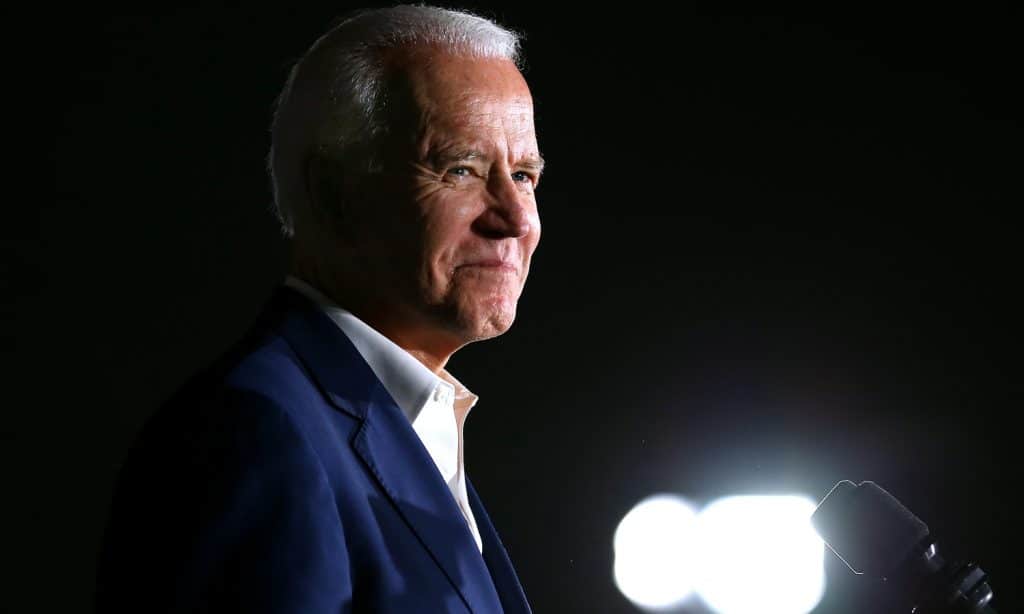The presidential election is over. While the central concern of the election was to reclaim America from the clutches of Donald Trump, addressing the pandemic that killed more than 230,000 Americans, passing some version of the COVID-19 relief bill that Senate Republicans have been holding hostage, protecting abortion and LGBTQ rights from the now-stacked Republican Supreme Court, as well as a host of other urgent issues, the legal status of marijuana is also at stake. While the Democratic platform calls for the federal descheduling and decriminalization of marijuana, the Republican platform called for more of the same—which means more mass incarcerations and a “tough on crime” stance for petty drug possession charges.
What Joe Biden Promises
During the primary race, the Shepherd Express repeatedly pointed out that Joe Biden was the only Democratic candidate who refused to consider the full legalization of marijuana, a stance that has now been adopted by the entire party since Biden became the nominee. However, despite being one of the more conservative candidates on the roster, Joe Biden made one key promise: “Nobody should be in jail simply for smoking or possessing marijuana.”
During the last presidential debate, President Donald Trump didn’t hesitate to point out Joe Biden’s record as a Senator, accusing him of partially causing America’s mass incarceration problem. Surprisingly, given that it came from the mouth of the president who told a record-breaking 20,000 recorded lies before the end of his first term, this is actually true—somewhat. While Trump simply repeated the words “your Crime Bill” in-between some drivel about being better than any president since Abraham Lincoln, there is a nugget of truth here. Joe Biden is credited with writing the Violent Crime Control and Law Enforcement Act of 1994, commonly known as the 1994 Crime Bill, a core component of the War on Drugs to this day, which led to the incarceration of countless innocent people for possession of recreational drugs.
What matters now, a quarter-century later, is that Joe Biden publicly denounced his own record. “It was a mistake,” he said of his Crime Bill during the debate, on live television in front of 63 million Americans. “We passed 100%. All 100 senators voted for it. It was a mistake. I have been trying to change it since then, particularly the portion on cocaine,” he added. “I’ve been arguing that, in fact, we should not send anyone to jail for a pure drug offense, they should be going into treatment. [...] It was a mistake to pass those laws relating to drugs.”
Beyond recognizing the error of his past actions, which made him the only man to do such a thing on the debate stage, Joe Biden also put forth ideas for a solution: “There should be no minimum mandatory [sentences] in the law. I am offering $20 billion to states to change their state laws to eliminate minimum mandatories and set up drug courts. No one should be going to jail because they have a drug problem. They should be going to rehabilitation, not to jail. We should fundamentally change the system, and that’s what I’m going to do.”






